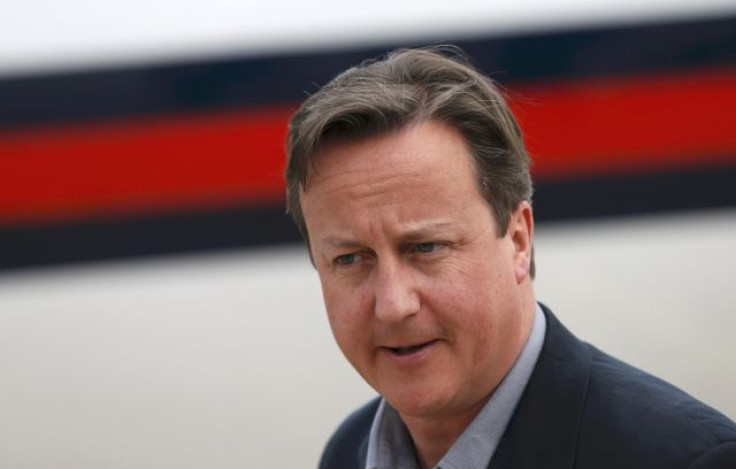Britain’s GCHQ Spied On Foreign Diplomats During G-20 Summits: Report

Britain's Government Communications Headquarters, or GCHQ, has been dragged into an escalating international debate on government surveillance after the Guardian newspaper reported on Sunday that the agency spied on foreign delegates who attended two G-20 summits in London in 2009.
The British agency did so by hacking into delegates' computers and intercepting their phone calls and getting them to use bugged Internet cafes, according to a document leaked by Edward Snowden, a former CIA-employee and defense contractor for the U.S. National Security Agency.
The revelation, which the Guardian said came from evidence of state-sponsored espionage at international conferences contained in classified documents leaked by Snowden, could have serious political implications for the UK as it prepares to host a summit, in Northern Ireland, of G-8 nations, all of whom took part in the G-20 meetings held in the months of April and September in 2009.
The newspaper didn't mention how Snowden could have possibly accessed British intelligence data, although it reported that the document was drawn from an internal intelligence-sharing network used by GCHQ and the NSA, the Associated Press noted.
The report is likely to complicate a debate on the extent and limits of government surveillance, even as U.S. President Barack Obama’s administration campaigns to defend the NSA’s surveillance programs as legal and to justify them on grounds of national security.
The spying operation on foreign ministers and diplomats, including those from long-standing British allies such as South Africa and Turkey, which was given a go-ahead during the term of former Prime Minister Gordon Brown, appears to have been organized with the aim of securing an edge in negotiations. And, the intelligence obtained through the operation was passed on to British ministers, the Guardian reported.
The leaked documents, whose authenticity wasn't independently determined, AP said, said that the GCHQ employed “ground-breaking intelligence capabilities” to spy on visiting diplomats, which included setting up Internet cafes, which were bugged to intercept emails and were equipped with key-logging software.
The agency allegedly penetrated the security of officials’ phones to read their emails and monitor call logs and supplied intelligence analysts with live updates on inter-personal communication at the conference.
“The diplomatic fallout from this could be considerable,” British academic Richard J. Aldrich, who penned a book on GCHQ’s history, told AP, adding that it was “particularly ingenious” and “a bit Mission Impossible.”
© Copyright IBTimes 2024. All rights reserved.












